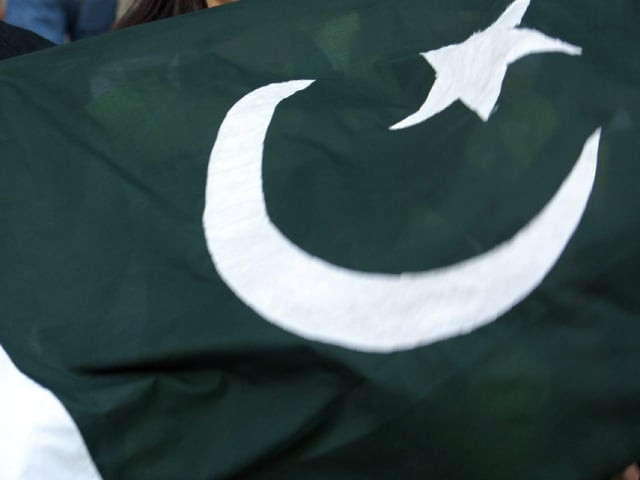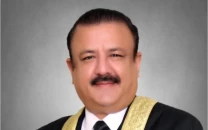Making sense of Pakistan: Imagining Pakistan sans the religious fixation
Farzana Shaikh discusses her book; says Pakistan’s fixation with religion denies it plurality.

Shaikh directs the Pakistan Study Group at Chatham House, the international affairs think-tank based in London. Her book was published in the US and UK last year.
“Many people have argued that Islam had little to do with Pakistan’s creation and that actually the emerging Muslim middle class in India used religion as a ploy to justify its demands for separate statehood,” she said.
In her opinion while this argument has merit, the idea of Pakistan being a “safe haven” for Islam in India was impossible to ignore.
However, the multiple meanings that were historically attached to “Islam” among Muslims in South Asia, all left their mark on Pakistan where, “after the country’s independence, they re-emerged as part of a debate on national identity,” according to Shaikh.
She said the ideological confusion that is at the heart of Pakistan has eroded the foundations of a pluralist society and prevented Pakistanis from having a stable constitutional settlement.
Shaikh said Pakistanis have constructed a negative identity, one that is based on opposition to India. Since there is no consensus over what Pakistanis stand for, the national identity came to be defined by the country’s rivalry with India. “This has meant that the military emerged as the dominant state institution and the key arbiter of Pakistan’s national identity,” she said.
She believes the military’s days of pre-eminence could be coming to an end since being “anti-India is no longer acceptable to the international community.”
In its effort to find an alternative narrative, the military has framed the war against militancy as one against those who aren’t really Muslims, she said, adding that such framing “throws up the whole debate of who is or is not a real or good Muslim.”
The fact that the equation between being a Pakistani and being a Muslim has not been resolved has taken a terrible toll on Pakistan, she said.
She believes Kashmir to be a stumbling block that needs to be settled for Pakistan to move forward. “It has had a damaging effect on Pakistan’s national life by giving the military national dominance,” she said.
It will take time, she believes, for civilian institutions to develop the kind of muscle required to stand up to a military that has jealously guarded the prerogative of deciding our national interests for a long time.
“For the time being, the US needs Pakistan’s military to fight its war but one day the war will end and if Pakistan’s civilian institutions are allowed to continue, however fault-ridden they may be, there should in time be a slight shift in the balance of power in Pakistan,“ she said.
Discussing the future, Shaikh said the country needs a new constitutional settlement which would recognise Pakistan’s Muslim character but deny Muslims the political pre-eminence they have come to expect at the expense of non-Muslims.
“It’s not asking very much. Most people in Pakistan just want to be left alone to practice their Islam,” she contended.
Dr Farzana Shaikh is planning a new book on Pakistan in which she hopes to raise serious questions about the new agenda being promoted by the present government, aided and abetted by the US, that somehow sufism is the ‘right’ kind of Islam for Pakistan.
“As long as we are locked in this question of Islam in Pakistan and are unable to break free from it constitutionally and politically, we are doomed,” she warned.
Asked if there will be a Pakistani edition of her book, Shaikh said the Oxford University Press had agreed to publish it early next year, but suddenly decided against it.
Published in The Express Tribune, December 8th, 2010.


















COMMENTS
Comments are moderated and generally will be posted if they are on-topic and not abusive.
For more information, please see our Comments FAQ